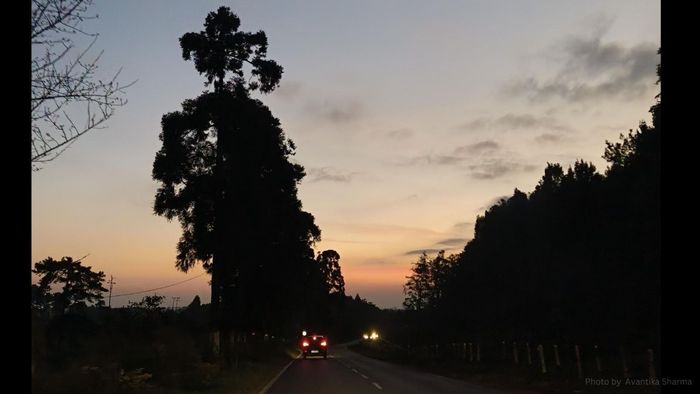Meghalaya HC mandates afforestation plan for Rilbong-to-Mylliem highway project
Meghalaya High Court insists on a green plan for highway development. Authorities to work with experts for ecological balance.

- Nov 07, 2024,
- Updated Nov 07, 2024, 8:11 PM IST
The High Court of Meghalaya has sought a balanced approach to the construction of a crucial national highway project, prioritising environmental preservation while allowing the developmental work to progress.
The public interest litigation (PIL) filed by Kaustav Paul against the state of Meghalaya and others involved the widening and reconstruction of the existing road, divided into five packages, from Shillong to Dawki near the Bangladesh border.
The primary concern raised by the petitioner was the large-scale felling of old and precious trees that line the proposed highway route, particularly in the first package covering 11.6 km from Rilbong to Mylliem Marbaniang. The petitioner argued that these trees contribute significantly to the natural beauty and ecological balance of the landscape.
In its ruling, the High Court bench comprising Chief Justice IP Mukerji and Justice W Diengdoh allowed the National Highways and Infrastructure Development Corporation Limited (NHIDCL) and the contractor to proceed with the construction work, with one crucial caveat - they must refrain from felling any trees for the time being.
The court directed the NHIDCL and the state government to file a joint report by November 29, 2024, outlining a detailed proposal for appropriate afforestation in the area surrounding the first package. This proposal will be subject to the court's approval, paving the way for the construction to continue while addressing the environmental concerns.
Petitioner Kaustav Paul, appearing in person, expressed the people's support for the developmental work but emphasised the need to maintain the ecological balance and environmental beauty of the region.
The court's decision reflects a balanced approach, recognising the importance of both infrastructure development and environmental preservation. By allowing the construction to proceed while mandating an afforestation plan, the High Court has set a precedent for addressing such complex issues that often arise in development projects.
The next hearing is scheduled for December 3, 2024, when the court will review the afforestation proposal and provide further directions to ensure the completion of the highway project in a sustainable manner.